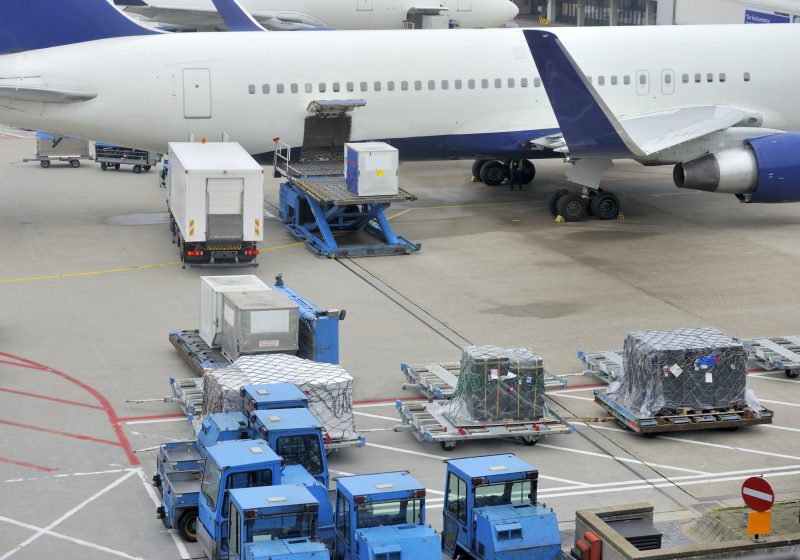With the thought of Brexit looming over the UK, the government have been pulling out several stops to direct our eyes firmly towards the future. On
With the thought of Brexit looming over the UK, the government have been pulling out several stops to direct our eyes firmly towards the future.
One thing the UK government has been concentrating on recently is the future of UK aviation. Starting in 2017, which was followed by their ‘Next Steps’ document in 2018, a white paper is expected to be released this year outlining the plans.
Of course, the government have already discussed what will appear within the white paper, but, what many people want to see is a discussion about air freight and air cargo charter solutions.
The outline
When discussing the future of UK aviation, several themes were announced by the UK government, which all worked towards delivering the final outcome of the strategy by 2050.
The themes that they outlined were:
- Working to build a more global and connected Britain
- Ensuring that the growth of UK aviation can be done in a sustainable way
- Supporting regional growth, while also supporting connectivity to increase employment, transport and local economies
- Working to enhance the experience of passengers
- Helping to ensure that air travel was both a safe and secure way for people to travel
- The support of general aviation
While all of this was greatly welcomed, many have pointed out that air freight needs to be high on the list of government’s aviation plans.
Air Freight
Currently, air freight represents around 40% of the UK’s imports and exports value. However, with Brexit looming, many see its important increasing and therefore needs to be invested in heavily.
In fact, East Midlands Airport (EMA), part of the Manchester Airports Group (MAG), already handles 365,000 tonnes of cargo each year. This amounts to £40bn of trade both to and from the European Union (EU), with a further £10bn coming from non-EU imports and exports.
Therefore, it’s been said that there needs to be a dedicated chapter to outline what is planned for helping to improve this, to help strengthen the UK’s air freight industry, which will only grow as the years go on following Brexit. One of the key points is to look at how the current infrastructure works as both a barrier and an enabler to more UK air freight work, and how other global trends can be incorporated to aid it.
While the white paper hasn’t been released yet, only time will tell what will happen with UK air freight. But, it is clear, that while aviation needs to be worked on, our need for exports and imports could rely heavily on air freight, which is why it should be looked into sooner, rather than later.



















































































































COMMENTS